This week, I had the chance to attend a workshop in Bandung, part of the Entrepreneur Hub (EHUB) program organized by the Ministry MSME (KemenUMKM). The event, focusing on sociopreneurship, was opened by Siti Azizah, Deputy for Entrepreneurship, and Irwansyah Putra Panjaitan, Assistant Deputy for Business Ecosystem Development. The audience included social entrepreneurs, SMEs, and representatives from the West Java provincial government. It was an engaging session that shed light on how sociopreneurship is shaping the MSME economy.
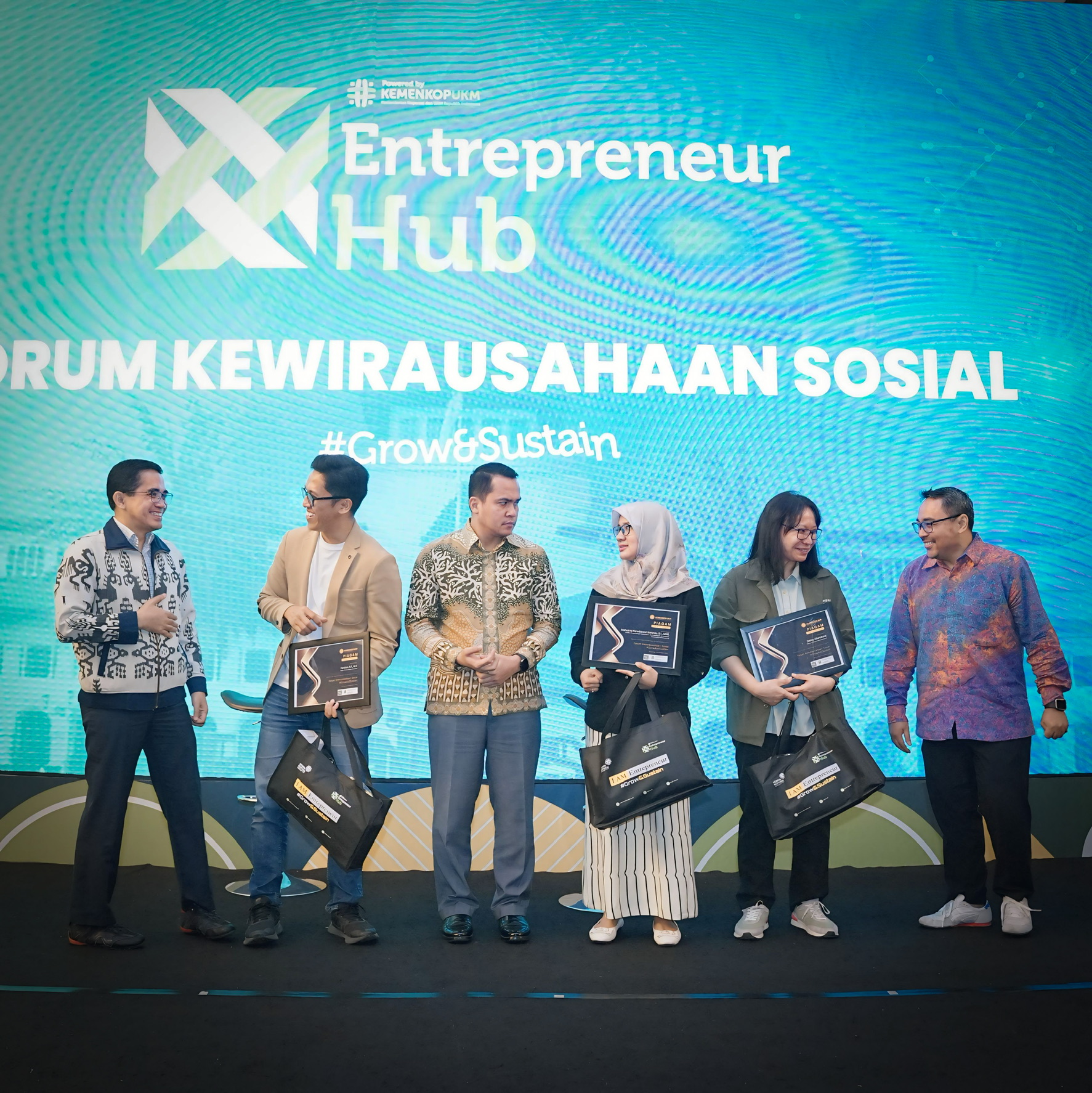
Sociopreneurship is all about blending business strategies with a commitment to solving social problems. What makes it unique is that its performance is measured by the impact it creates on Sustainable Development Goals (SDGs). Whether it’s tackling poverty, promoting education, or addressing environmental issues, sociopreneurship drives real-world solutions while building sustainable businesses.

On the regulatory side, the Indonesian government plays a vital role in creating policies that support the growth of these ventures, ensuring they thrive within a robust MSME ecosystem. Ultimately, sociopreneurship is a catalyst for economic and social empowerment, creating a ripple effect of positive change in communities.
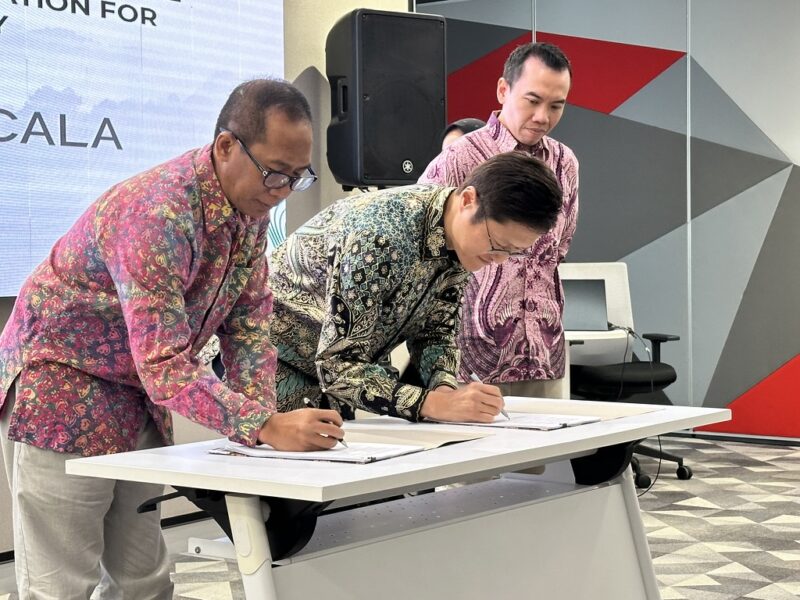
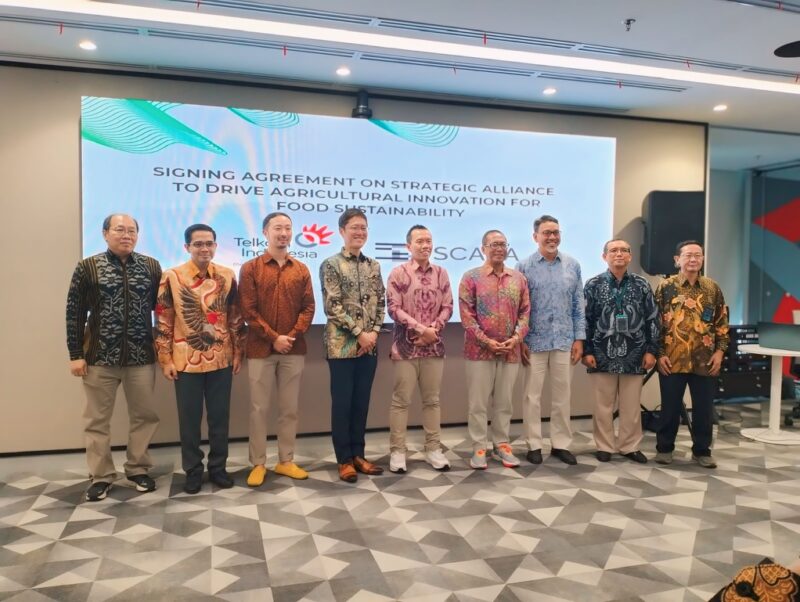
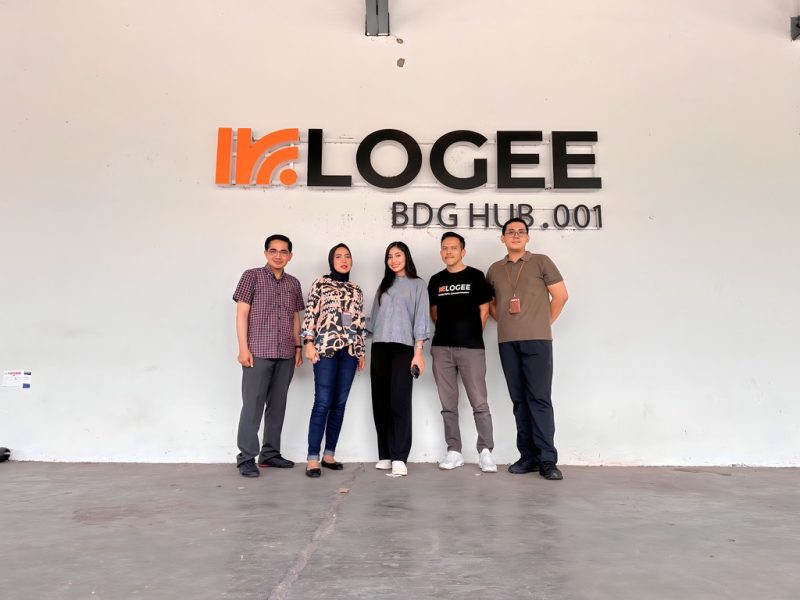
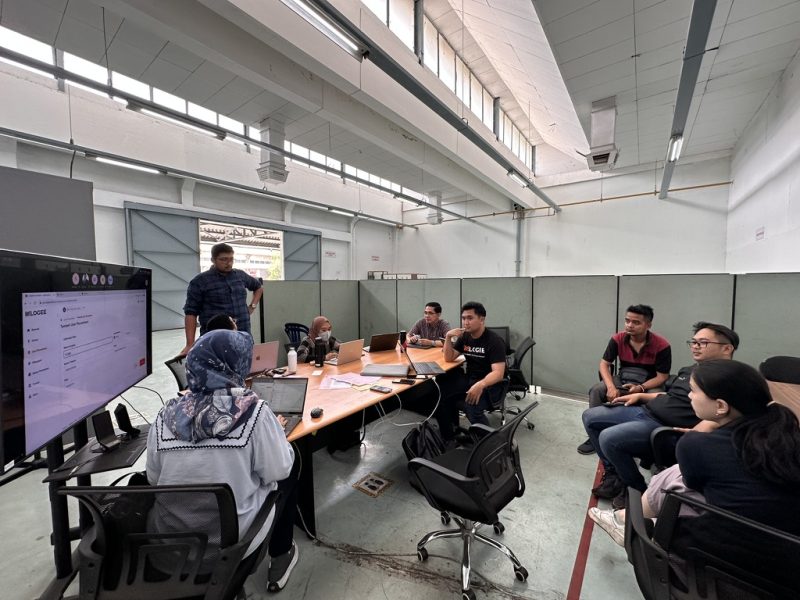
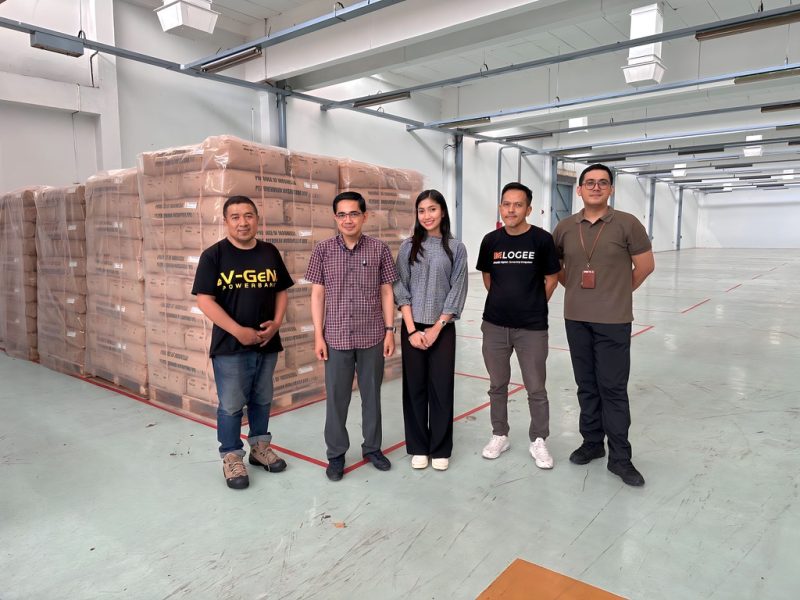
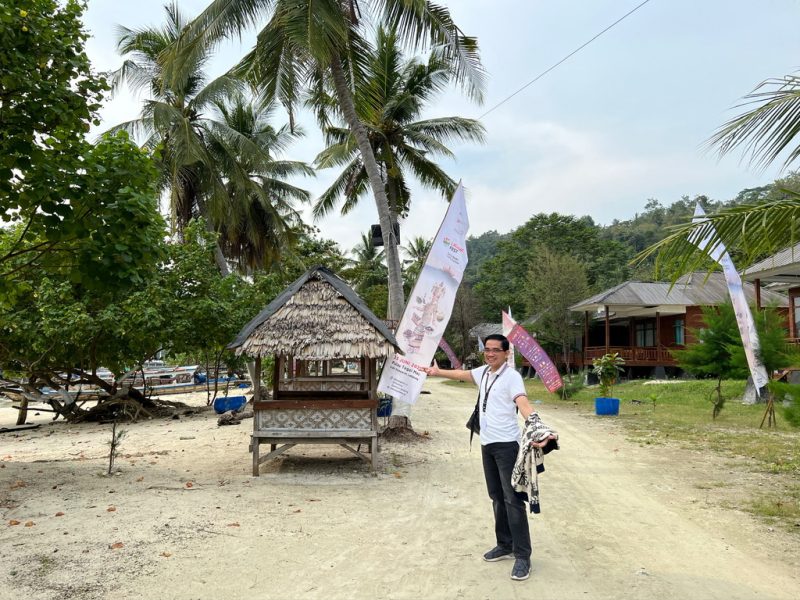
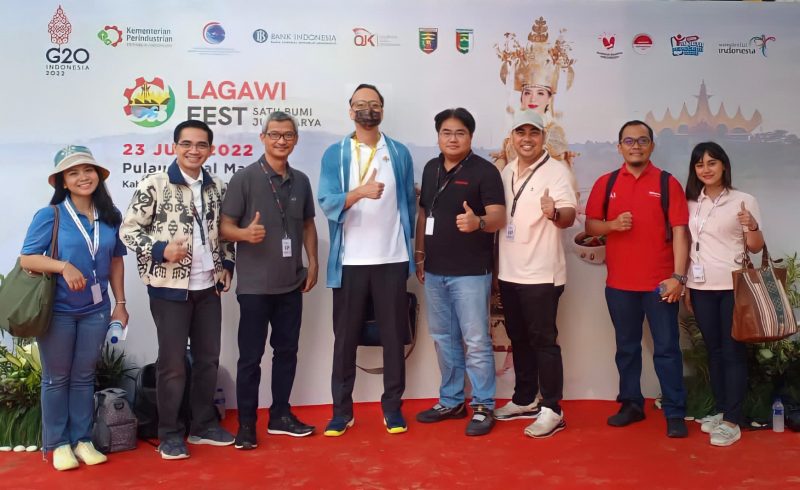
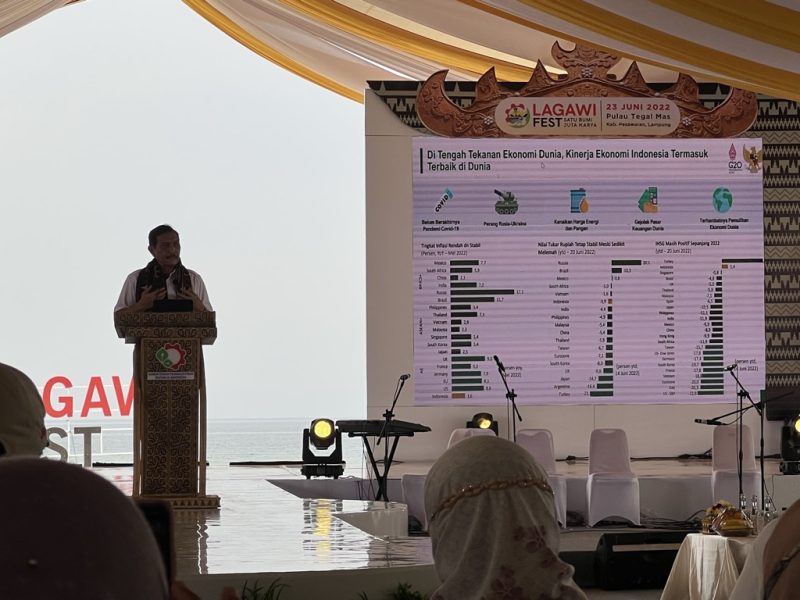
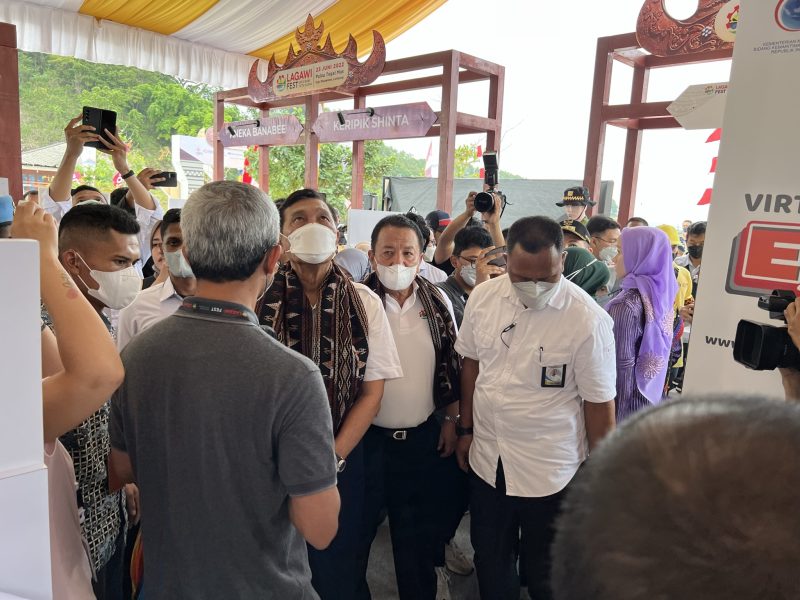
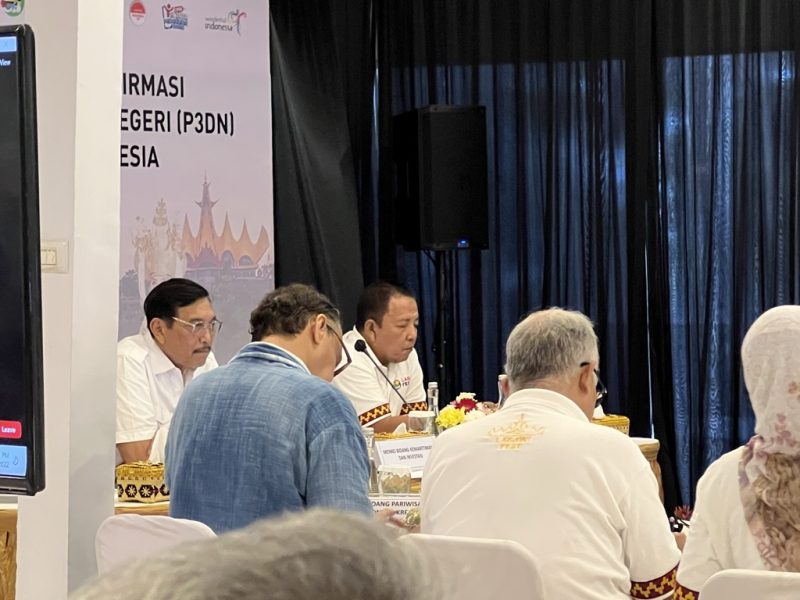
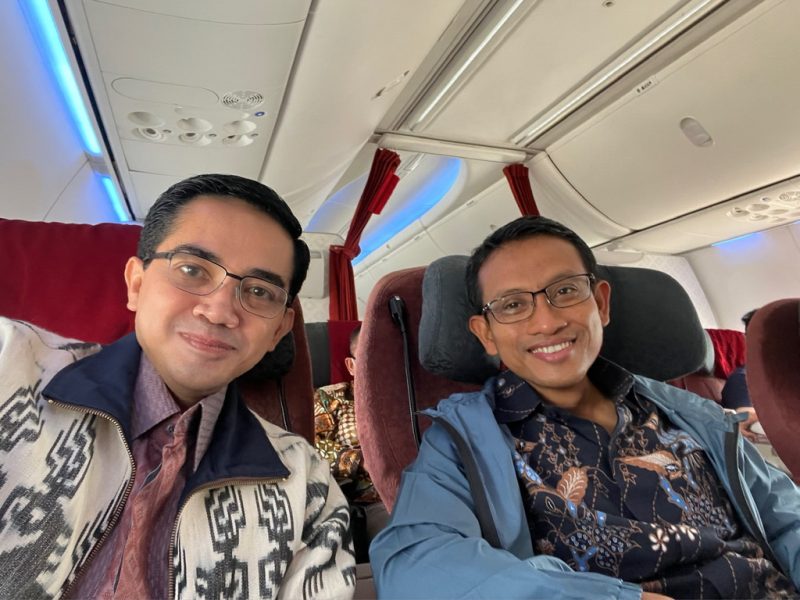

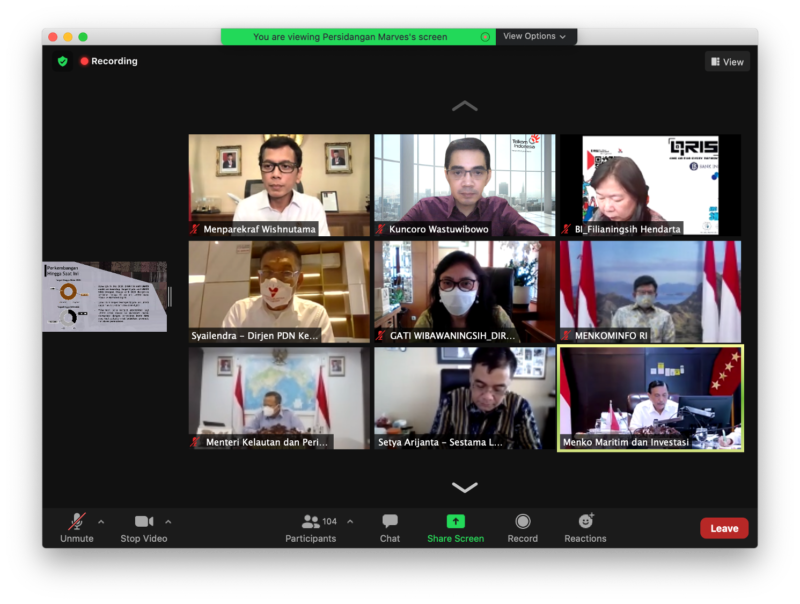
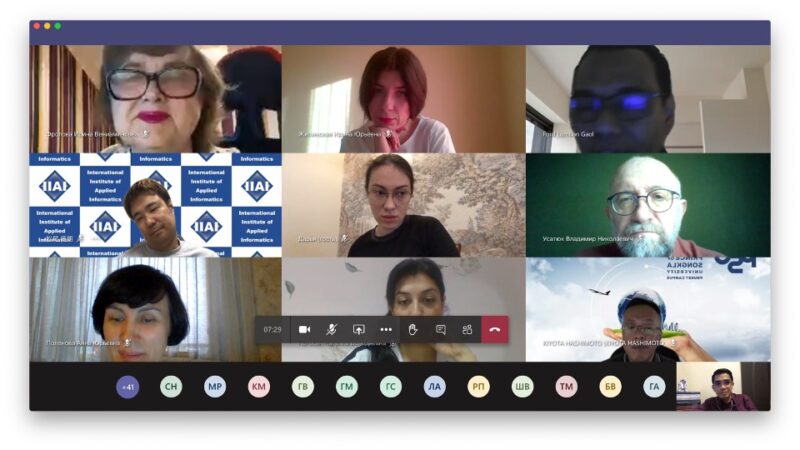
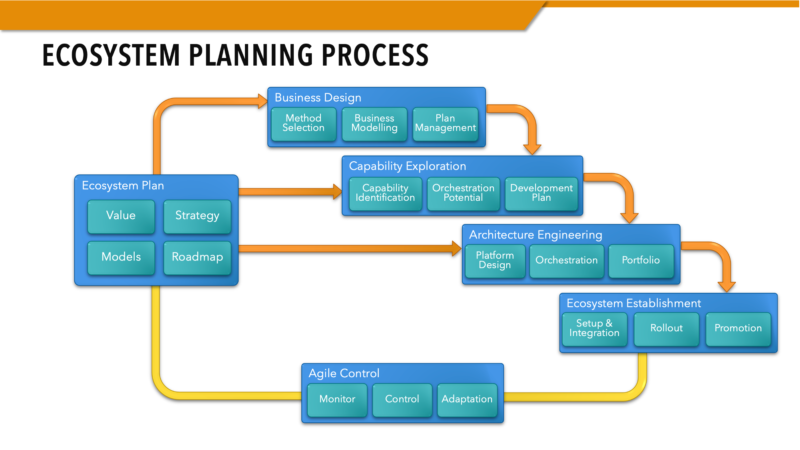
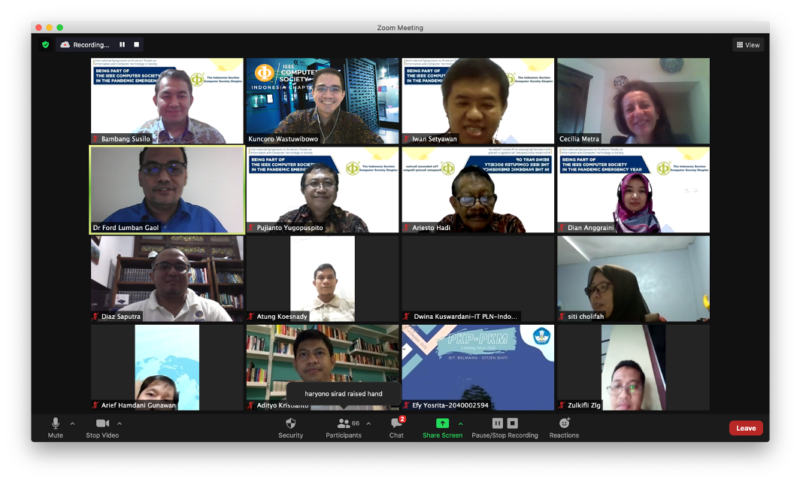
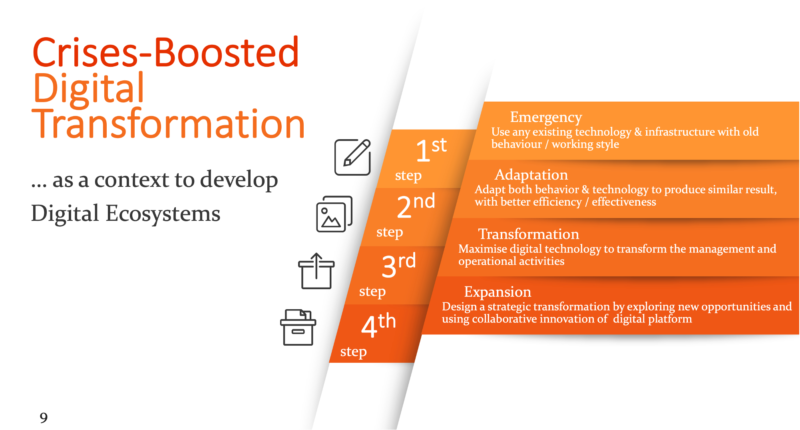
You must be logged in to post a comment.